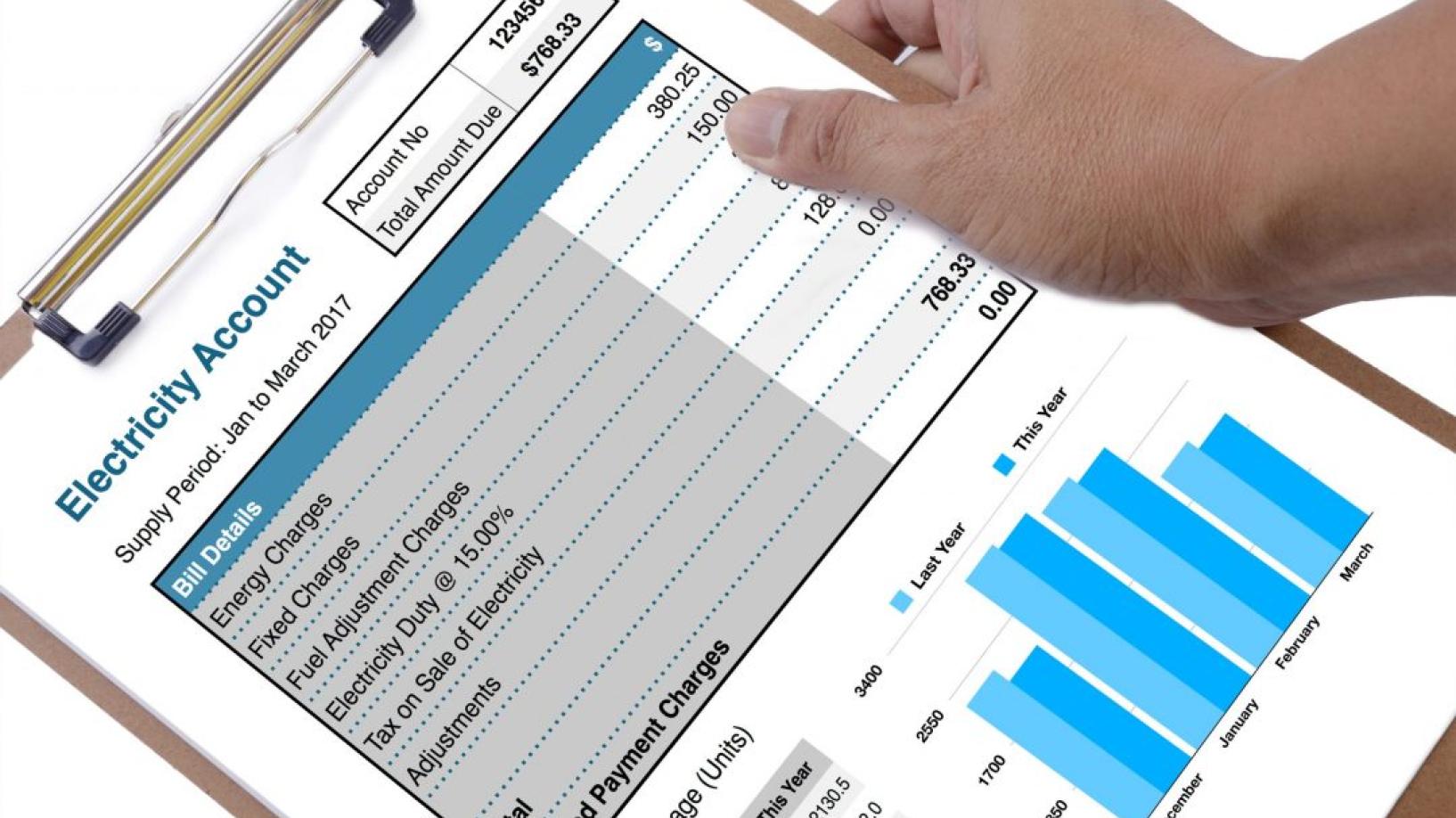Australian households will soon see significant rises in their electricity bills as the release of the Australian Energy Regulator’s Default Market Offer (DMO) reveals the impact of rising wholesale prices.
The DMO sets the maximum price that consumers in most Australian states will pay if they do not opt for another “market” offer put forward by a retailer. It also acts as a reference price against which these other offers are often benchmarked.
Household consumers in New South Wales who are on the DMO face increases of between 8.5% and 14.1% while Southeast Queensland householders face increases of 11.3%. South Australian households on the DMO will be saddled with an increase of 7.2%. The decision comes on the back of a recent 5% increase in the Victorian Default Offer, which performs a similar role for Victorian consumers. Small business energy consumers on default offers across these jurisdictions face similar increases.
The rises reflect a recent surge in the wholesale cost of electricity, partly driven by the war in Ukraine as well as extreme weather events in some states. While default offers do not directly determine energy costs for most Australians, they will be highly influential over retailer offers across the board, which are similarly impacted by wholesale prices.
Energy Consumers Australia Chief Executive Officer Lynne Gallagher said Australians would be understandably anxious about rising bills.
“Winter is almost upon us and, with it, the need for many Australian households and small businesses to increase their energy use at certain times to keep themselves warm, comfortable and healthy,” she said.
“These price rises arrive at the worst possible time, but consumers need not feel helpless in the face of rising bills. There are things they can do to reduce their bill and there are resources available to guide them through it.”
While some price rises are clearly inevitable, Ms Gallagher said the focus should be on ensuring that the runaway price spikes seen internationally in places such as the UK do not eventuate here.
“Retailers are not powerless to help consumers in this moment,’’ she said.
“Most consumers are supplied by the largest three retailers, and we believe there is some room in their margins whereby they can, and should, absorb some of the pain of rising wholesale costs.”
What retailers can do
When prices rise abruptly it is incumbent on retailers to make sure they are doing all they can to look after their customers and provide them with clear and useful information that can help minimise their bills.
“We know that many Australians are not on the best deal that could deliver lowest possible bills for them,” Ms Gallagher said.
“We’d like to see retailers being more proactive in reaching out to their customers and offering them a better deal rather than waiting for consumers to call and ask for one.”
Retailers are also legally obliged to help households that are unable to pay their bills by offering repayment plans and hardship assistance.
“As prices spike, we expect to see more people struggling to pay their bills throughout winter,” Ms Gallagher said.
“Again, we urge retailers to be proactive in identifying customers who are facing difficulty and offering them assistance much earlier, before they accumulate energy debts that can take years to repay.”
What consumers can do
Although higher bills are unwelcome, particularly given broader cost of living concerns linked to rising inflation and interest rate rises, consumers should not feel helpless.
“There are five pretty simple things that all Australians can and should do to make sure they keep their energy costs as low as possible,” Ms Gallagher said.
“With a little effort and flexibility Australians can take action to CRUSH their energy bill before it crushes them.”
Contact your retailer
If you get a bill that alarms you, don’t be shy. Contact your retailer as soon as possible. Ask if you are on the best deal available. Many Australians are not.
Request assistance
If you need assistance paying a bill, let your retailer know. They are legally obliged to offer you options to make payment easier. Ask for help early if you are struggling. Don’t leave it until you’ve accumulated a large debt.
Use smarter, pay less
Changing when and how you use some appliances can greatly reduce your energy bill. A shorter shower, a small adjustment to your thermostat or using some appliances during the day instead of at night could make a big difference, especially if you have rooftop solar panels.
Switch retailers for a better deal
If your existing retailer can’t offer you a better deal, chances are somebody else can. Our Powercall resource or the Australian Government’s Energy Made Easy comparison website can help you find the best deal for you, potentially saving hundreds of dollars.
Hack your home and save
Door snakes, floor rugs, weatherproof tape and other inexpensive home hacks can reduce you bills, whether you are a homeowner or you’re renting. For those who own their homes and can afford the outlay, adding insulation to your walls or ceiling can greatly reduce heating and cooling costs.

